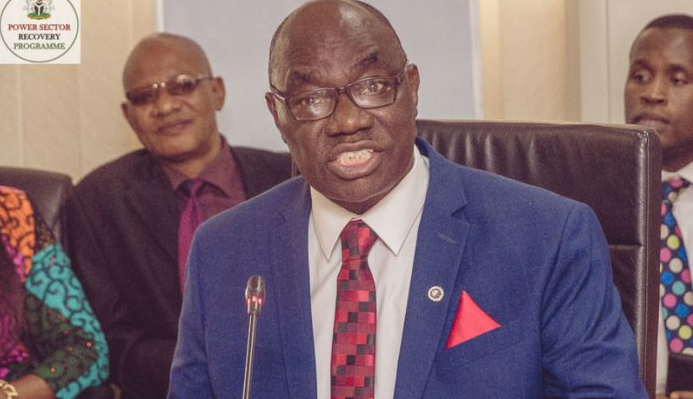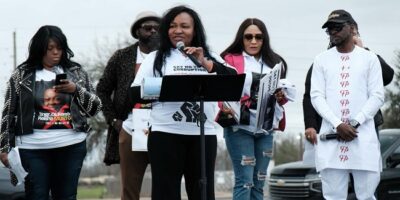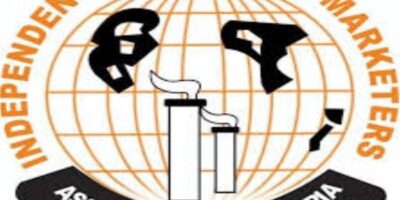Finally, Payment Of Revised Electricity Tariffs Resumes

The payment of the revised electricity tariffs took off yesterday with the Federal Government urging Nigerians to prepare for further price reviews, since pricing will in the future depend on market dynamics.
The Federal Government, through the Nigerian Electricity Regulatory Commission (NERC), had, on September 28 directed the suspension of the Service-Based Tariff structure, which was earlier approved for the Distribution Companies (Discos), following opposition from organised labour and Civil Society Organisations (CSOs).
However, after negotiations with labour, the tariffs for customer categories D and E, with a power supply of fewer than 12 hours daily, remain frozen, while band A will have a 10 per cent reduction from the initial September 1 rate.
Customers under band B will enjoy 10.5 per cent reduction while those in band C will get up to 30 per cent discount.
However, the government said its decision to pull the brakes on the decade-long subsidies will continue but that the discount will be funded by the Value Added Tax (VAT) mopped up during collection in the industry.
Although the newly revised order from NERC, which the Discos started implementing yesterday, had yet to be made available to the media and the public as at evening, Chairman of NERC, Prof. James Momoh, confirmed that the new order has been signed.
Feelers from some of the Discos, including Abuja and Ikeja, which have already alerted their customers on the resumption of the revised rates, also indicated that the regulatory agency already has communicated to them the new order.
This is to inform our customers that with effect from 1st November 2020, AEDC has effected a revised Service Reflective Tariff as approved by the regulatory agency.
Customers on the prepaid platform will be the first to experience the revised tariff when they vend from Sunday, 1st November 2020, while the revised tariff will reflect in the bills for customers on the post-paid platform when they receive their electricity bill,
a statement from the AEDC stated.
But Momoh, who spoke during an online event organised by “A Professional Africa,” on the current status of the electricity industry in Nigeria added that he will sign a new capping order for unmetered Nigerians today.
Also hinting on the often held opinion by Nigerians that the regulatory agency was not firm and independent enough, Momoh, who confirmed the position, said the agency knows the right thing if given a free hand to operate by the government.
We can now work and look forward to December and January to see what kind of review we have to do. It won’t remain the same forever. No, there’s another review and it will come with a complete answer.
But if the president says don’t do it, we won’t do it. But we know what to do if given a free hand to do the work,
he stated.
The NERC chairman added that the industry currently has a shortfall of about 50 per cent in terms of collection rate, saying that that is not sustainable.
We must have a new paradigm shift in rate design in Nigeria. There’s a tariff shortfall, where you are not allowed to charge what is due to be paid. For an invoice of N157 billion, there’s a tariff shortfall of N63 billion and who’s paying for that? [It is] government.
Only 51 per cent is allowed for recovery from customers. That means we are dependent on the government to recover. Now, the government has a problem because it’s saying our schools are not functional, roads are bad, water is a borehole. Everything is hogwash.
So, the government said do your rates design because we can no longer subsidise this. This is what has consumed my energy in the last one year,
Momoh stated.
He said during consultations, electricity customers said they were not averse to an increase, but the quality of service must improve.
He explained:
It was there that the service-based tariff was arrived at where what customers pay is reflected in the service they get. But vulnerable customers won’t be affected. We have to protect them.
The new tariff structure is based on this MYTO that includes exchange rate, inflation rate, GDP, foreign exchange and all those things and we have people in the office who calculate those things and that was what gave us the five bands which represent customers and the quality and reliability of service.
For band D, the tariff will not change for them, so it’s frozen. Band E are the very poor people and they take very small power, poor communities in rural areas. We make sure they don’t pay more than N4.
Band A, B, C already have the infrastructure. So, for example, we can assume that there’s power in Asokoro every day. The people in the unions came and sometimes we were here till 7 in the morning.
He said the government could not pay for A, B and C consumers, saying that would mean returning subsidy, which it does not have the money.
So, we said that band A should be discounted by 10 per cent and the relief in band B will be 10.5 per cent and because there are many people in band C, a lot of them are given relief.
Above 12 hours will get relief, B with more than 16 hours will get 10.5 per cent of discount and that will come from VAT. It is split in the sector among A, B, C,
he added.

Justin Nwosu is the founder and publisher of Flavision. His core interest is in writing unbiased news about Nigeria in particular and Africa in general. He’s a strong adherent of investigative journalism, with a bent on exposing corruption, abuse of power and societal ills.













